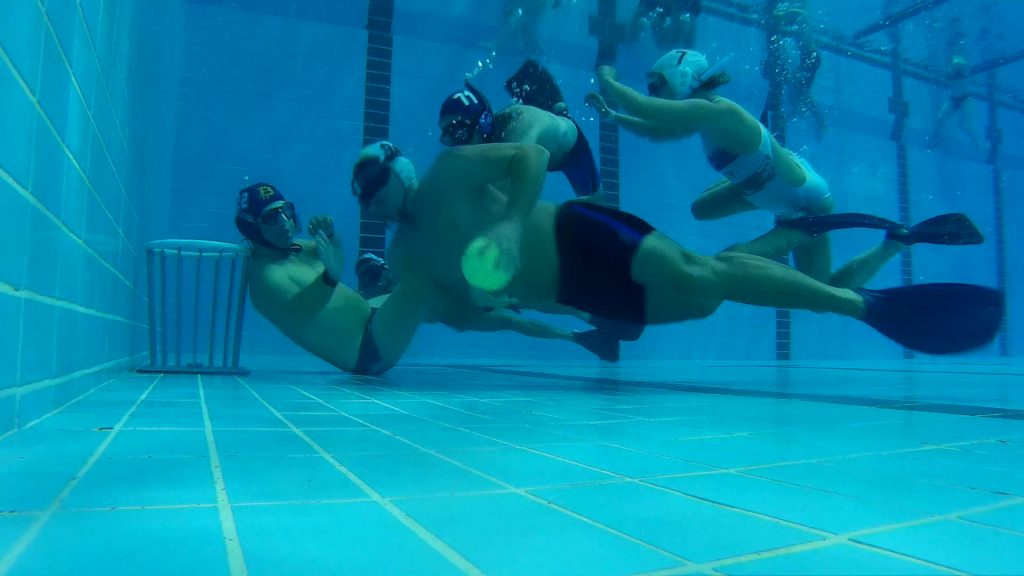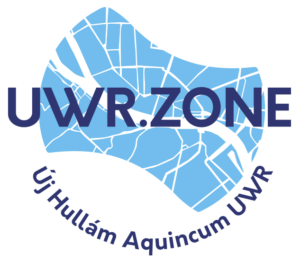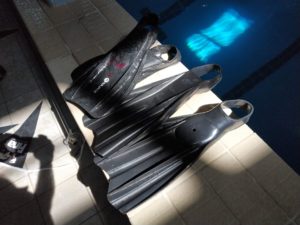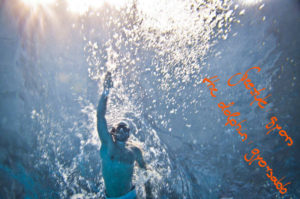I’ve noticed for quite a while I was anxious before our trainings. A team without a coach can’t focus on progression. I’ve read what I could find on coaching rugby, even dug into sport psychology and kinesiology textbooks and drafted a workout routine upon these.
Which we’ve never followed.
Training times are often unpredictable, so as the number of participants. We barely struck 10 players at once, most of the time we had trainings with 3-6 players. With the other team, we used to cancel any appointments with so few participants. We didn’t want to do anything like that so we adjusted the workouts to fewer player-scenarios.
Let me remind you, that most training guides assume a full team training at regular times in a proper diving pool, with a coach on the surface. Furthermore, they assume that all individuals within the team coached share the same goals such as being champions.
But few teams start like that. Most teams are built around a few dedicated players step by step. Players are at different levels, with different goals and motivation.
In the beginning I often felt unprepared. I barely had any prior experience with coaching. I was worried that our sessions would lack the real UWR-experience and people would lose interest over the time.
The team formed me into the coach they needed, and I appreciate that. No matter how much you learn about it, you only gain real understanding of coaching by doing it. Before The Current started, I was puzzled by the question of matching the needs of people with different goals. Some may come to play, some may come to train and some may come to learn. Don’t worry about that, a diverse community is beneficial. Your task is to render all these goals and skill levels into a training where the players can get into the flow of the game and perform at an optimal level.
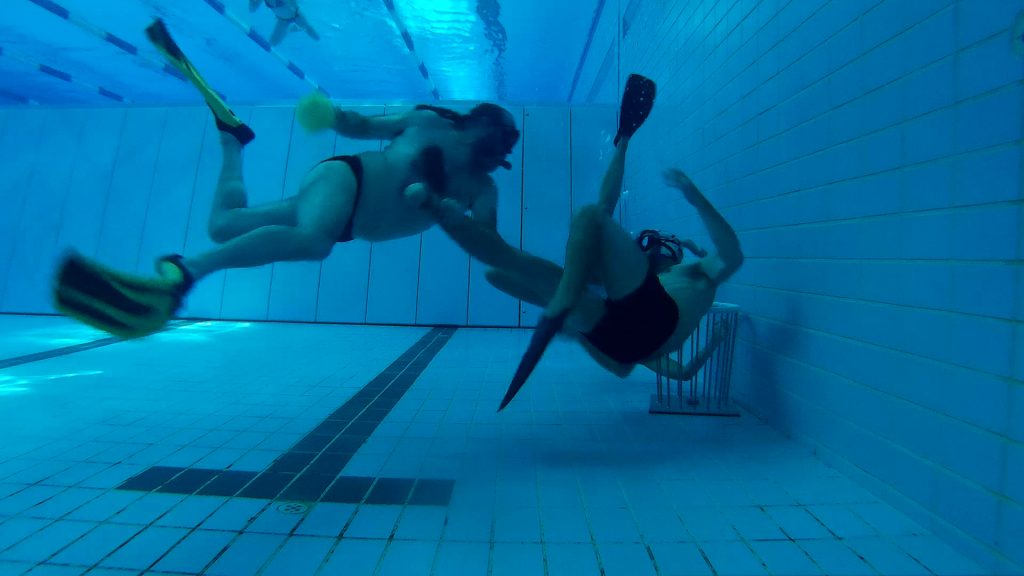
So if you’re looking to coach a new team, my first advice would be to be responsive to the team’s needs. It means being sensitive to conscious and unconscious feedback from players and it also means being assertive and being ready to find solutions to deliver a great training experience.
The second advice is to pay a lot of attention to matchmaking. By matchmaking I mean the way you divide the group into two teams, one defending and one attacking at the time. This has a major influence on the flow of the game and you need to find an optimal level of challenge for each occasion and for both the team as a whole and for each individual in it. Don’t hesitate to change a formation if it’s not working well and feel free to experiment with unbalanced teams.
The third advice is to pay attention to the effective use of pool time and space alike. Being efficient saves the team money and allows more time to play.
Fourth advice: set up routines. Progress is easier achieved if it’s well tracked beçause players gain a more clear sense of their skills and weaknesses.
Fifth advice: do not stay outside the pool. More professional levels of training would call for a person on the deck who can overlook and manage the players better, but as long as we are speaking of a small team with beginners, it is much more useful to be in the water with them, give a direct presentation of what you would like to see and get direct feedback of the execution afterwards.
